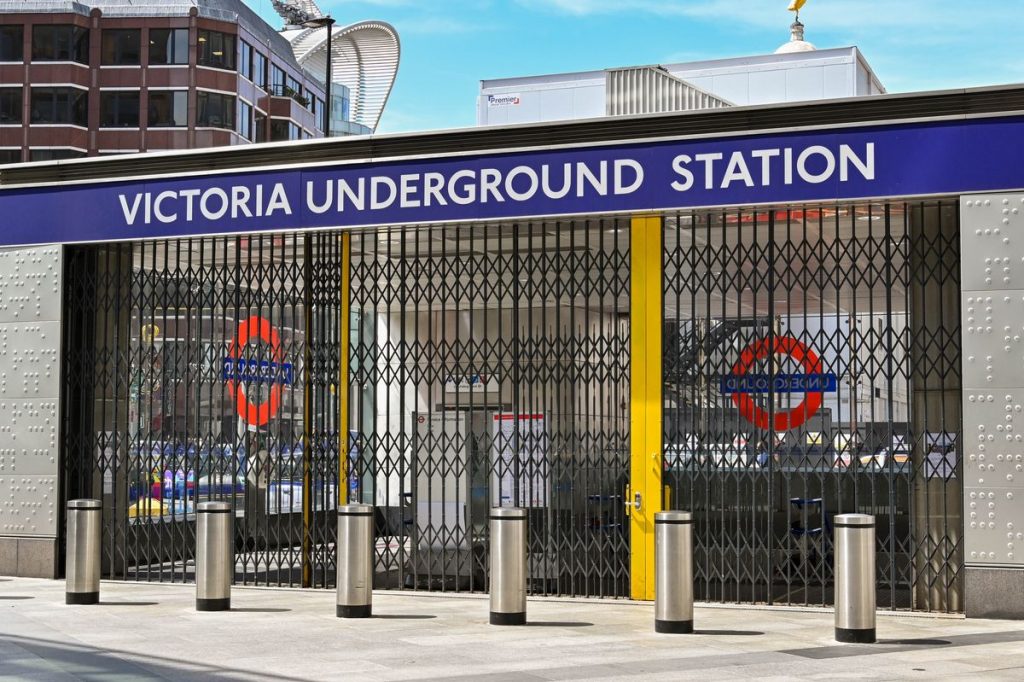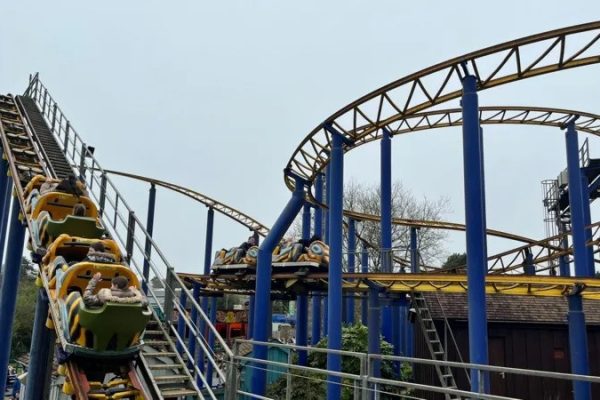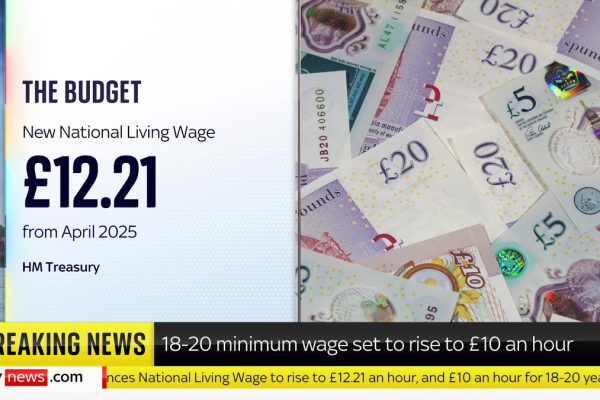UK NEWS – London commuters face another wave of disruptions as the train drivers’ union Aslef confirms two strike days on the London Underground, despite the RMT (National Union of Rail, Maritime and Transport Workers) suspending its planned industrial action. After a period of strike-free travel, the upcoming strikes on November 7 and November 12 have reignited concerns about transport reliability across the capital.
The recent escalation of tensions between Transport for London (TfL) and the unions comes after prolonged negotiations over pay and working conditions. In a statement released on Friday, the RMT announced it would suspend its planned strike action after securing a significantly improved pay offer from London Underground management. This offer addressed previous grievances regarding unequal pay structures, which had prompted the RMT’s earlier threats to strike.
RMT General Secretary Mick Lynch remarked on the negotiations, stating, “Following intense discussions with London Underground management and a significantly improved offer, we have decided to suspend our strikes. This represents a positive step forward in recognizing the hard work of our members.”
Despite this breakthrough, Aslef’s leaders remain resolute in their plans for industrial action. The union has expressed dissatisfaction with TfL’s refusal to engage in meaningful negotiations concerning driver pay and working conditions. Aslef’s members recently voted overwhelmingly—over 98% in favor—of strike action, highlighting the urgency of their demands.
Reasons Behind the Strike Action
Both unions have cited dissatisfaction with pay as the primary reason for their strike actions. The RMT rejected a pay deal it deemed “wholly inadequate,” arguing that it excluded a significant portion of staff from collective bargaining agreements. Lynch stated that the RMT had been compelled to strike due to a lack of acceptable pay negotiations from London Underground, which left them with no alternative but to act.
In contrast, Aslef is focused on securing a new pay agreement for Tube drivers, arguing that the previous offer of a 3.8% pay rise, coupled with a variable lump sum, fails to align their earnings with those of other TfL drivers. Finn Brennan, Aslef’s district organizer, emphasized that the working hours for Tube drivers have become increasingly burdensome, stating, “We have been forced into taking action because London Underground management will not engage meaningfully with us.”
Strike Schedule and Expected Impact
The planned strikes are set to take place on November 7, when no Tube services are expected to operate, and on November 12, when severe disruptions are likely. On this second date, TfL anticipates that services will start late and finish early, with very limited operations across the network. Passengers are advised to prepare for potential chaos and to check their travel plans before heading out, as disruptions are expected to ripple across the capital.
Claire Mann, TfL’s chief operating officer, expressed disappointment over the ongoing strikes but reiterated her hope that Aslef would reconsider its decision. She remarked, “We will continue to work closely with all our trade unions, and urge Aslef to also call off its planned action next week.”
With the strikes confirmed, the impact on the broader transport network is a significant concern. TfL has indicated that the London Underground network will be severely affected, while other transport services, including the DLR (Docklands Light Railway) and London Overground, may also experience disruptions. Some of these services may not stop at certain stations that are usually part of the Tube network, resulting in further travel complications.
Commuters using alternative transport methods should also brace for overcrowding, as many will seek to avoid the Tube, leading to increased pressure on buses and other transport services. Roads in London are predicted to become extremely congested as commuters adjust their travel plans, further compounding the difficulties faced by those attempting to navigate the city.
The ongoing disputes highlight the pressing need for continued negotiations between TfL and the unions. While RMT’s suspension of strike action is a positive development, the unresolved issues surrounding pay and working conditions for Tube drivers remain a significant barrier to achieving lasting stability in London’s transport system. Both unions have expressed a willingness to continue talks, but the outcome remains uncertain.
As the strike dates approach, TfL is urging commuters to stay informed about their travel options. Passengers should be prepared for significant delays and potential service cancellations, and TfL advises everyone to consider alternative travel arrangements during the strikes.
In conclusion, the planned Aslef strikes on November 7 and 12 serve as a reminder of the ongoing tensions in London’s transport sector. As negotiations continue, the focus remains on finding a resolution that addresses the concerns of all parties involved while ensuring that Londoners can rely on an effective and efficient public transport system.



